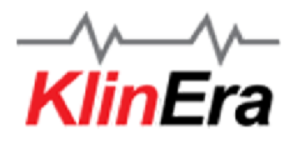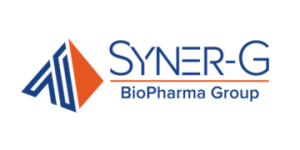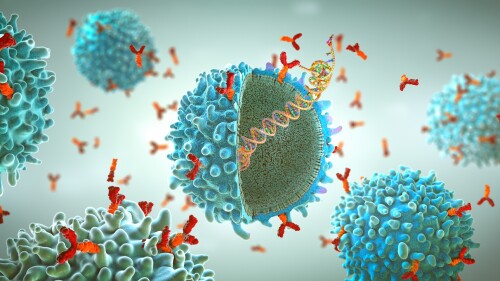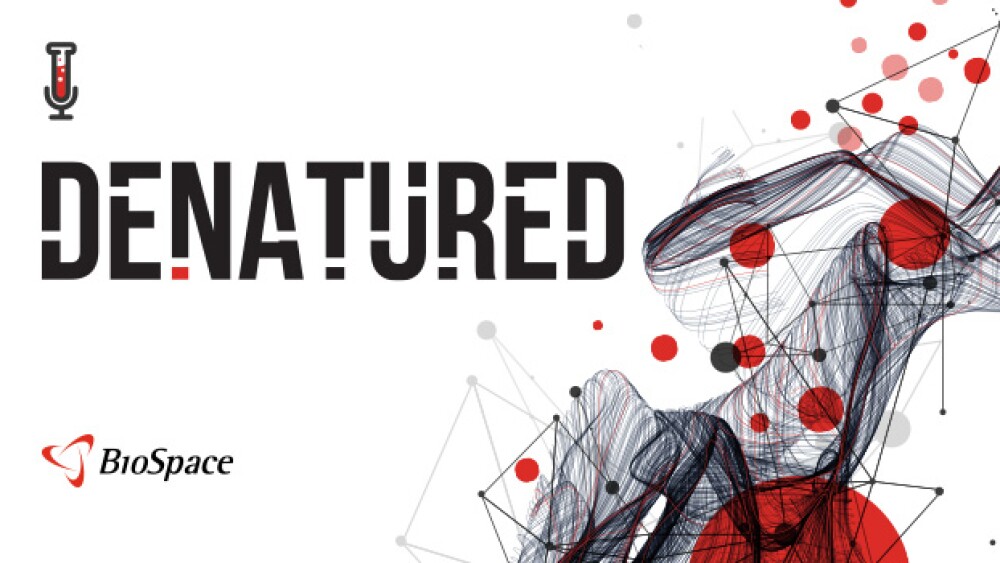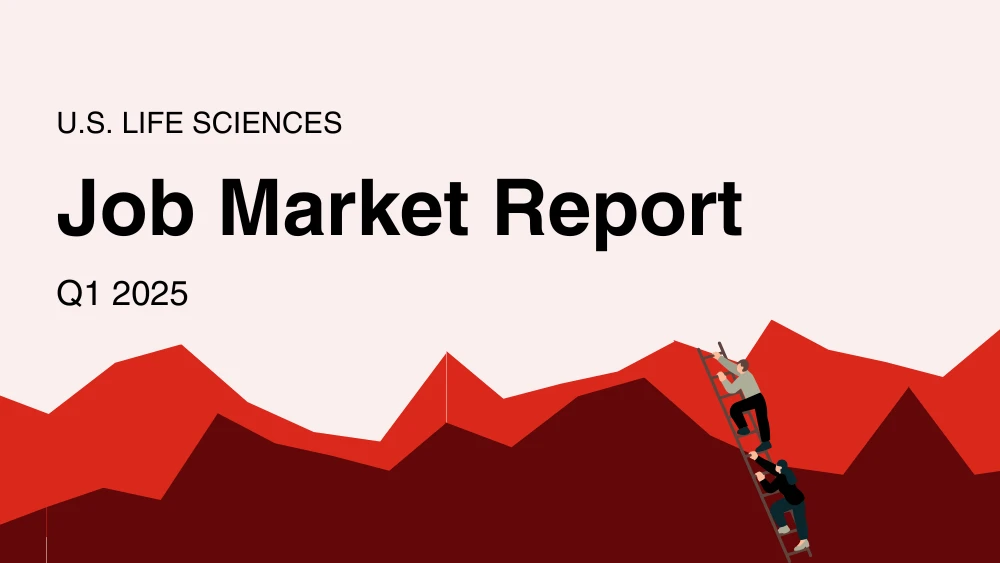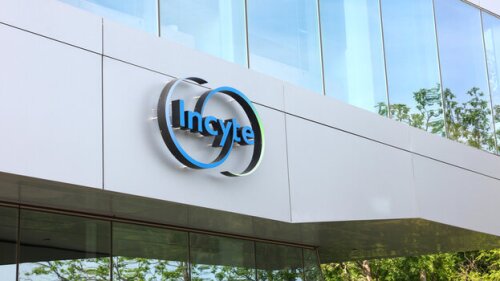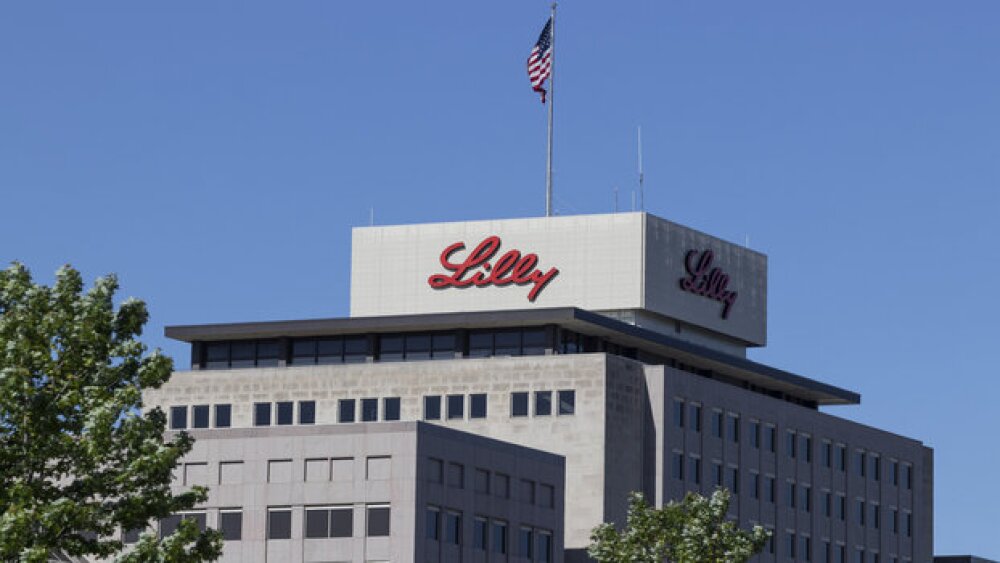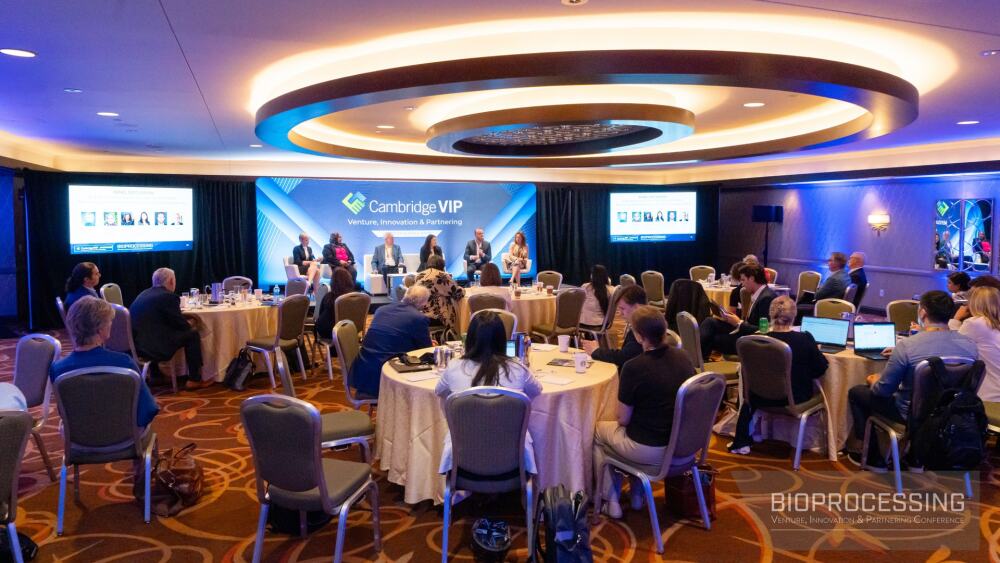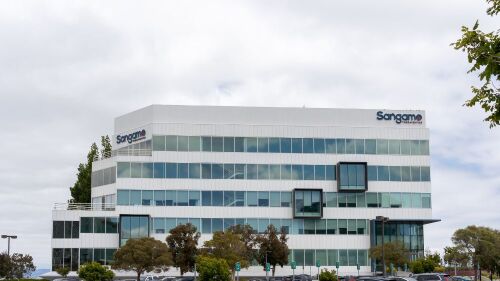Known as the home of big-name companies including Johnson & Johnson, New Jersey has become a destination for more and more small and midsize life sciences businesses. Choose New Jersey, Grace Therapeutics and Onyx Equities executives discuss the state’s life sciences scene.
Analysts suggested that the tariffs will have little effect on reshoring manufacturing and will likely decrease patient drug access and increase costs.
The National Security Commission on Emerging Biotechnology recommends at least a $15 billion investment into biotech over the next five years.
The FDA approved the use of Opdivo with Yervoy in front-line colorectal cancer, while a Manhattan court junked a class action complaint over the blood cancer drug Pomalyst.
Jazz is being accused of anti-competitive practices regarding its narcolepsy drug, as generic competitors emerge on the market.
A consumer-driven weight loss market could put pharma at greater risk if a recession hits; the continued turmoil at FDA and other HHS agencies magnifies the uncertainty facing the industry; Lilly files a lawsuit against a med spa selling its drugs; and more.
FEATURED STORIES
Of the 102 company launches or series A financings since October 2023, just nine had a woman at the helm, according to a BioSpace analysis. This is happening in an era of biotech where new company founders are searching for CEOs with a track record.
At the J.P. Morgan Healthcare Conference, the Biotech CEO Sisterhood assembled in Union Square to showcase the large group of women and allies in biopharma as their authentic selves.
Faced with the encroaching threats of patent expirations and generics, biopharma companies in 2024 invested 33% more in licensing deals, on average, than in 2023 with an eye toward enriching their pipelines with novel and potentially more effective therapies.
FROM BIOSPACE INSIGHTS
In a year when eradicated diseases are on the uptick in America, how will American children survive RFK Jr.’s vaccine scrutiny and inconsistency? Two experts call on pharma and regulatory bodies to rebuild trust.
LATEST PODCASTS
This episode focuses on a healthy discussion regarding the IRA, particularly the unintended consequences to small molecule development within the industry and for patients.
Heather, Greg and Tyler discuss a busy news week including Wegovy’s label expansion, biosimilars, surprise donanemab delays for Eli Lilly and speculate on election impact.
These days you can hardly move without figuratively bumping into antibody-drug conjugates (ADCs). This week we discuss Pfizer’s strategic priorities for oncology - focused on ADCs and less on small molecules - and how the market is being influenced by the IRA.
Job Trends
Bristol Myers Squibb announced new four-year results from the POETYK PSO long-term extension trial of Sotyktu treatment in adult patients with moderate-to-severe plaque psoriasis.
Subscribe to Genepool
Subscribe to BioSpace’s flagship publication including top headlines, special editions and life sciences’ most important breaking news
SPECIAL EDITIONS
A new generation of checkpoint inhibitors is emerging, with some showing more promise than others. From recent TIGIT failures to high-potential targets like VEGF, BioSpace explores what’s on the horizon in immuno-oncology.
Peter Marks, the venerable head of the FDA’s Center for Biologics Evaluation and Research, has been forced out. In this special edition of BioPharm Executive, BioSpace takes a deep dive into the instability of the HHS.
Year-over-year BioSpace data show biopharma professionals faced increased competition for fewer employment opportunities during the first quarter of 2025.
DEALS
-
Ono Pharmaceutical will pay $25.60 per share in an all-cash deal to buy Deciphera Pharmaceuticals for its potential blockbuster oncology drugs and U.S. sales infrastructure, the companies said Monday.
-
Citing anonymous sources involved in a Phase III trial, STAT News reported Sunday that MorphoSys’ pelabresib may worsen the risk of progression to acute myeloid leukemia, potentially putting Novartis’ proposed $2.9 billion acquisition at risk.
-
Is there a connection between Bristol Myers Squibb’s announcement that it will reduce its headcount by 6% and the company’s recent acquisitions of Karuna, Mirati and RayzeBio?
-
Here’s how to assess whether to develop a new therapy by building a proprietary platform, acquiring another company or asset or partnering with an established entity.
-
CEO Hervé Hoppenot said Tuesday on an investor call that Escient Pharmaceuticals’ two lead assets “address large populations with a clear medical need” with a potential multibillion-dollar market opportunity.
WEIGHT LOSS
-
Through its online pharmacy LillyDirect, Eli Lilly announced Tuesday it will allow patients to purchase single-dose vials of Zepbound—without the autoinjector—at a 50% discount or more versus other incretin obesity treatments.
-
In this deep dive BioSpace dissects the global obesity and diabetes markets along with the growing pipelines that aim to serve them.
-
Patients taking Novo Nordisk’s blockbuster GLP-1 drug appear to be more likely to harbor thoughts of suicide or self-harm, especially if they are already suffering from anxiety or depressive disorders, according to a new study.
-
Experts say Novo Nordisk and Eli Lilly’s GLP-1 drugs are unlikely to reach more countries in the near term, but Sanofi’s diabetes treatment has gained ground globally.
-
Eli Lilly released topline Phase III data on Tuesday showing that after more than three years of follow-up, pre-diabetic patients treated with tirzepatide were less likely to progress to type 2 diabetes.
POLICY
-
As technology continues to evolve, companies should have strategies that incorporate an understand of where they are now, where they want to be, and do they have the talent to get there.
-
In a high-profile showdown Tuesday with Sen. Bernie Sanders’ Senate health committee, Novo Nordisk CEO Lars Fruergaard Jørgensen will be asked to defend the drugs’ U.S. monthly list prices of $969 and $1,349, respectively.
-
Regulators, policymakers and others can more effectively battle the disease by creating incentives to make mpox a more attractive investment opportunity.
-
A lawsuit filed by the Pharmaceutical Research and Manufacturers of America, which claims the Inflation Reduction Act’s Medicare Drug Price Negotiation Program is unconstitutional, now goes back to a lower Texas court.
-
While unlikely to pass this year, given the Democrats’ control over the White House and Senate, the proposed legislation might be a harbinger of the Republicans’ agenda next year for the Inflation Reduction Act should they win the November elections.
Take a look at which states pay the highest and lowest salaries for pharmacists and how that pay compares to the cost of living.
From research to sales and marketing, the pharma industry has a wide range of employment opportunities to accommodate those looking for a chance to work in the field.
A life science degree can provide various academic and professional opportunities to you. Here’s an overview of what you can do with a life science degree.
Understanding the difference between talent acquisition and recruitment is vital not only for your hiring process but for the entire organization.
Discover the most common departments that make up a BioPharma company, learn about the responsibilities of each department and figure out which role is the right fit for you.
Like any field, there are upsides and downsides to working in biotech, and educating yourself can help you make an informed decision if you’re considering a career in this industry.
HOTBEDS
REPORTS
In this Employment Outlook report, BioSpace explores current workforce sentiment, job activity trends and the prospective job and hiring outlook for 2025, particularly as it compares to the previous year.
BioSpace’s third report on diversity, equity, inclusion and belonging in life sciences examines dramatic shifts in attitude around diversity initiatives.
CANCER
-
Jazz Pharmaceuticals contends that its alkylating agent Zepzelca significantly improved both overall survival and progression-free survival in patients with extensive-stage small cell lung cancer, when used as a front-line maintenance therapy with Roche’s Tecentriq.
-
Sales of Johnson & Johnson’s oncology drugs jumped nearly 19% in the third quarter, driven by cancer treatment Darzalex which brought in more than $3 billion.
-
The FDA is looking at four events for the remainder of October, one of which is an advisory committee meeting for a dual SGLT inhibitor for use alongside insulin in type 1 diabetes and chronic kidney disease.
-
As companies roll out data showing the power and improved safety profile of antibodies that target two antigens, analysts say the class could overtake monoclonal antibody Keytruda as the “immunotherapy backbone” of solid tumor treatment.
-
Since its inception in 1992, the FDA’s accelerated approval pathway has helped shepherd nearly 300 new drugs to the market. However, recent years have seen a number of high-profile market withdrawals and failed confirmatory trials.
NEUROSCIENCE
-
On the heels of last week’s FDA rejection of Lykos’ MDMA-assisted PTSD therapy, Atai announced Tuesday positive preliminary results for its DMT-based treatment for depression from a Phase Ib study.
-
Crexont was previously rejected by the regulator in June 2023, citing insufficient safety data. However, Amneal Pharmaceuticals’ resubmission included findings from a healthy volunteer study.
-
Experts say the time is now to develop and provide widespread access to genetic medicines for the rarest diseases. What’s more, they say it is a moral imperative.
-
Sangamo Therapeutics announced Tuesday it secured an exclusive licensing agreement with Roche’s Genentech, which is paying $50 million in near-term upfront fees and milestone payments to develop novel genomic medicines for neurodegenerative diseases.
-
Longeveron and Lexeo Therapeutics are working on CGT therapies to treat Alzheimer’s disease, but it’s not clear whether they have a better chance of success than traditional approaches.
CELL AND GENE THERAPY
-
Results of a large Stanford Medicine study, published Wednesday in The New England Journal of Medicine, finds CAR-T therapies carry a low risk of secondary malignancies not related to the T cells.
-
Pfizer’s investigational Duchenne muscular dystrophy gene therapy, fordadistrogene movaparvovec, failed in a late-stage study to significantly improve motor function in patients versus placebo.
-
Given their seven-figure price tags, it’s not clear how accessible the would-be cures will be to U.S. patients on public or private insurance.
-
The American Society of Clinical Oncology annual meeting kicks off today in Chicago, with highly anticipated presentations that include reports on a bispecific antibody, an ADC and a BCMA-targeted CAR-T cell therapy.
-
While NK cell therapies can potentially avoid the serious side effects sometimes seen with CAR T cell therapies, experts say durability may stall their path to the market.




















